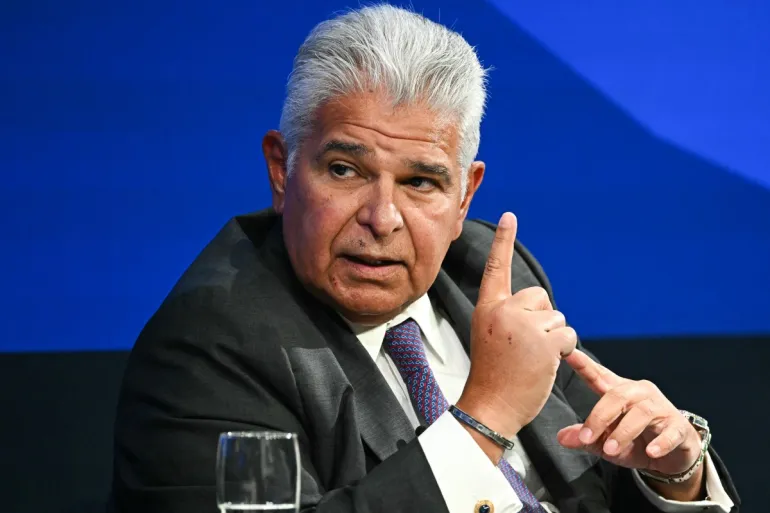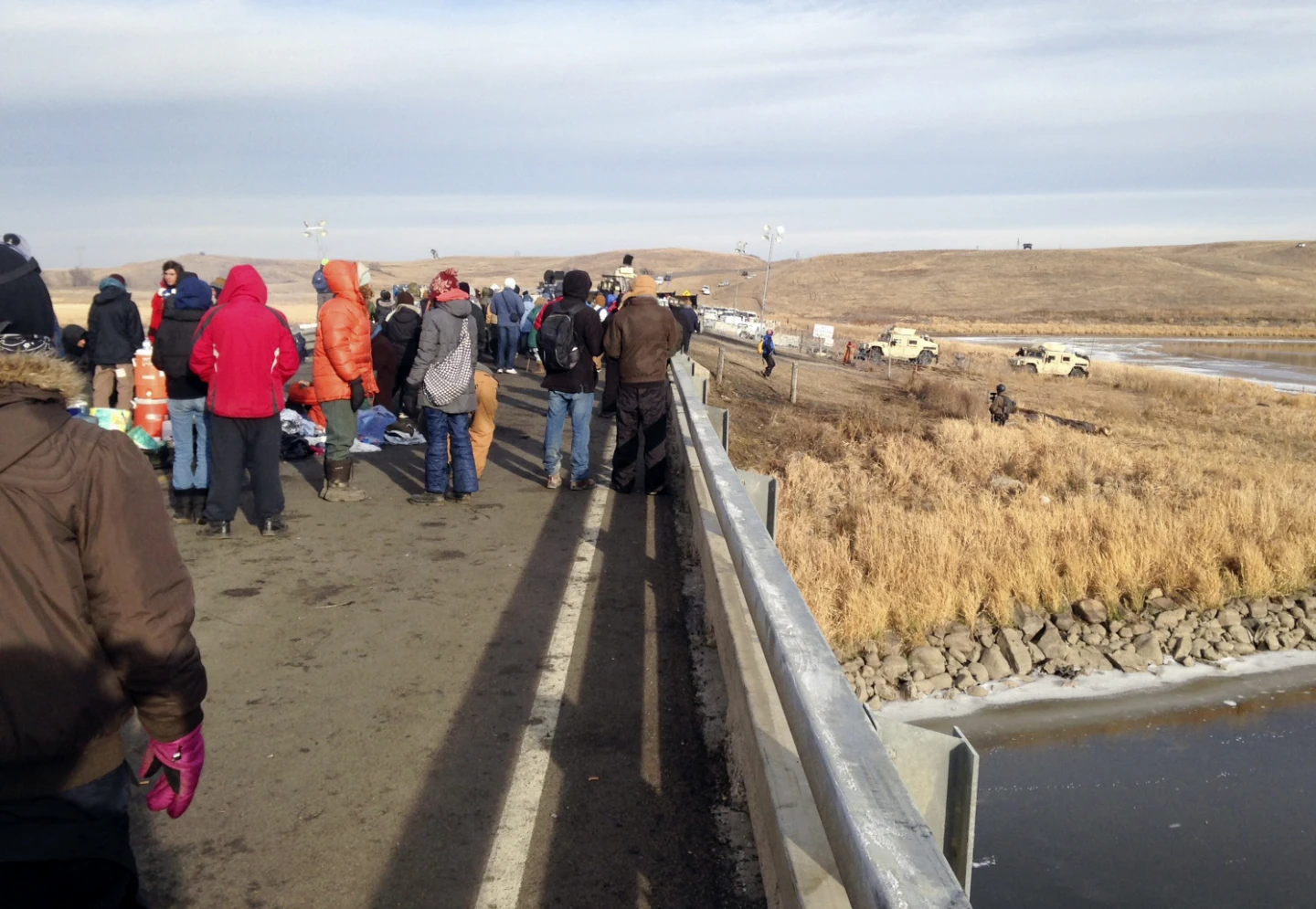A trial is set to begin in North Dakota on Monday in a lawsuit brought by Texas-based pipeline company Energy Transfer against Greenpeace, accusing the environmental organization of defamation, disruptions, and attacks during protests against the Dakota Access Pipeline (DAPL), The Associated Press reports.
Greenpeace maintains that the lawsuit threatens free speech rights and could impact its future operations.
The lawsuit stems from protests that occurred in 2016 and 2017 over the pipeline’s planned crossing of the Missouri River, upstream from the Standing Rock Sioux Tribe’s reservation. The tribe has long voiced concerns that the pipeline poses a threat to its water supply. Thousands of individuals protested the project, resulting in hundreds of arrests.
Energy Transfer and its subsidiary, Dakota Access, allege trespass, nuisance, defamation, and other offenses by Greenpeace International, Greenpeace USA, and the group’s funding arm, Greenpeace Fund Inc. The jury trial in state court is expected to last five weeks.
Energy Transfer contends that Greenpeace attempted to delay the pipeline’s construction, defamed the companies involved, and coordinated trespassing, vandalism, and violence by protesters. The lawsuit seeks millions of dollars in damages.
The Dakota Access Pipeline has been operational since June 2017.
Greenpeace International argues that it should not be named in the lawsuit, as it operates outside the U.S. and its employees were not present in North Dakota or involved in the protests. Greenpeace USA asserts that the plaintiffs have failed to substantiate their claims since the protests.
Earlier in February, a judge denied Greenpeace’s motions to dismiss or limit portions of the case.
Greenpeace representatives have stated that the company’s aim is to silence critics of the oil industry. Greenpeace USA Interim Executive Director Sushma Raman described the trial as “a critical test of the future of the First Amendment, both freedom of speech and peaceful protest.” Senior Legal Adviser Deepa Padmanabha noted that Energy Transfer’s argument could potentially have a “chilling effect” on those considering participating in protests.
In a related development, Greenpeace International filed an anti-intimidation suit in the District Court of Amsterdam against Energy Transfer, claiming the company acted wrongfully and should compensate for damages resulting from its “meritless” litigation.
Energy Transfer spokeswoman Vicki Granado stated that the lawsuit is about Greenpeace’s alleged failure to comply with the law, emphasizing that the company supports the right to express opinions and protest lawfully.
Energy Transfer previously filed a similar case in federal court in 2017, which was dismissed in 2019. Subsequently, the company filed the state court lawsuit currently proceeding to trial.
Energy Transfer, which began operations in 1996, currently owns and operates over 125,000 miles of pipelines and related facilities.










The latest news in your social feeds
Subscribe to our social media platforms to stay tuned